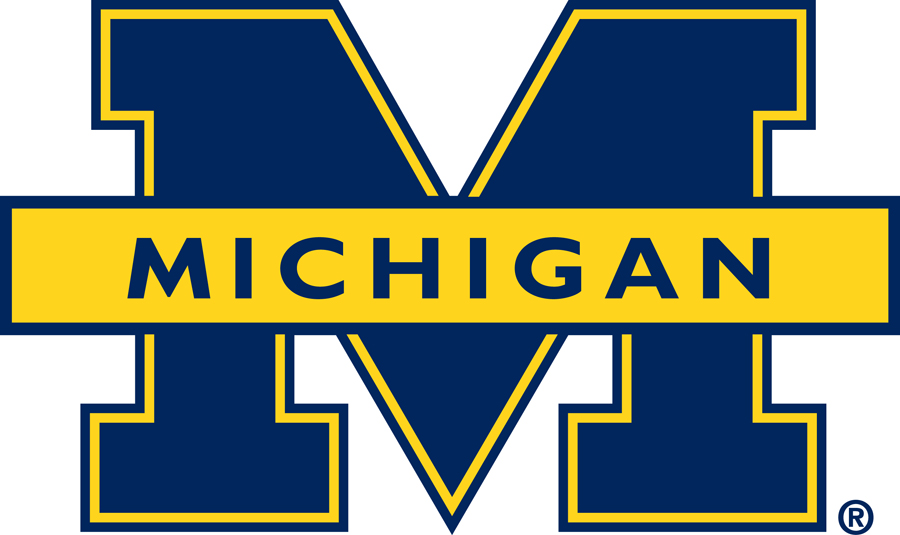 When Venkata Sudheer Kumar Ramadugu, then a postdoc at the University of Michigan, admitted to the university on June 28 of last year that he had committed research misconduct in a paper that appeared in Chemical Communications in 2017, he also “attested that he did not manipulate any data in his other four co-authored publications published while at the University of Michigan.”
When Venkata Sudheer Kumar Ramadugu, then a postdoc at the University of Michigan, admitted to the university on June 28 of last year that he had committed research misconduct in a paper that appeared in Chemical Communications in 2017, he also “attested that he did not manipulate any data in his other four co-authored publications published while at the University of Michigan.”
And so, a few days later, Michael J. Imperiale, the university’s research integrity officer, wrote a letter to the U.S. Office of Research Integrity (ORI) informing them of the findings. On August 2, Ramadagu was terminated from Michigan. And on August 3, Ayyalusamy Ramamoorthy, the head of the lab where Ramadagu had worked, wrote a letter to Chemical Communications requesting retraction of the paper.
While the retraction would not appear until the end of November, and ORI sanctions not announced until the end of December, Michigan’s responsibilities seemed to have been discharged as of early August. But documents obtained by Retraction Watch through a public records request detail how that was not the end of the story. Continue reading A university thought its misconduct investigation was complete. Then a PubPeer comment appeared.
 Science: Materials in Medicine has retracted a 2011 paper after it was determined that the first author, then a post-doc at the University of Michigan, had plagiarized from another publication.
Science: Materials in Medicine has retracted a 2011 paper after it was determined that the first author, then a post-doc at the University of Michigan, had plagiarized from another publication.